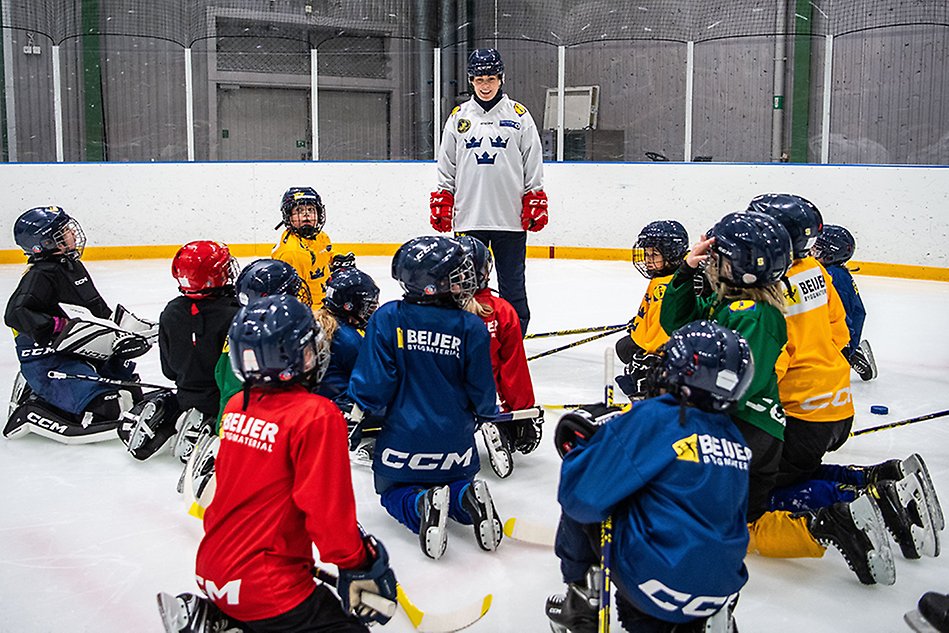The societal impact of our research
Our research shall be relevant to the society and contribute to solving societal challenges. It is therefore often conducted in collaboration with the private, public or non-profit sector. The following impact cases illustrate how Halmstad University – through the research within the focus area Health Innovation – contributes to sustainable development.
Collaboration creates growing ground societal impact
Collaboration creates the necessary and favorable conditions for societal impact. On this page, you find examples of impact cases that illustrate how our research collaboration contributes to solutions to urgent societal challenges.
Coach education

Research on children's and young people's enjoyment of sport strengthens the coach training in Swedish hockey in collaboration with the Swedish Ice Hockey Association. Impact case by Andreas Ivarsson, Professor of Psychology.
Sleep and ADHD

Research collaboration with BUP in Region Halland shows that weighted blankets are an effective alternative to medical treatment for children with ADHD and sleep problems. Impact case by Ingrid Larsson, Professor of Health and Lifestyle.
Impact case: Research on weighted blankets helps children with ADHD and sleep problems
What is an impact case?
Impact cases are an established and internationally accepted way of evaluating and communicating the societal benefits of research. Impact cases are by tradition presented in the form of text and film and allow the recipient to take part in a quality-assured and evidence-based story about how research affects and changes society and contributes to sustainable social development.
Focus area Health Innovation’s impact cases are based on a clear societal challenge and shows how researchers, through co-production and collaboration with companies, authorities, associations and actors in health and medical care, create the conditions for research-based knowledge to be useful in society.
The focus area’s impact cases are quality assured by the responsible researcher and the focus area’s management, as well as by representatives from participating collaboration partners.

